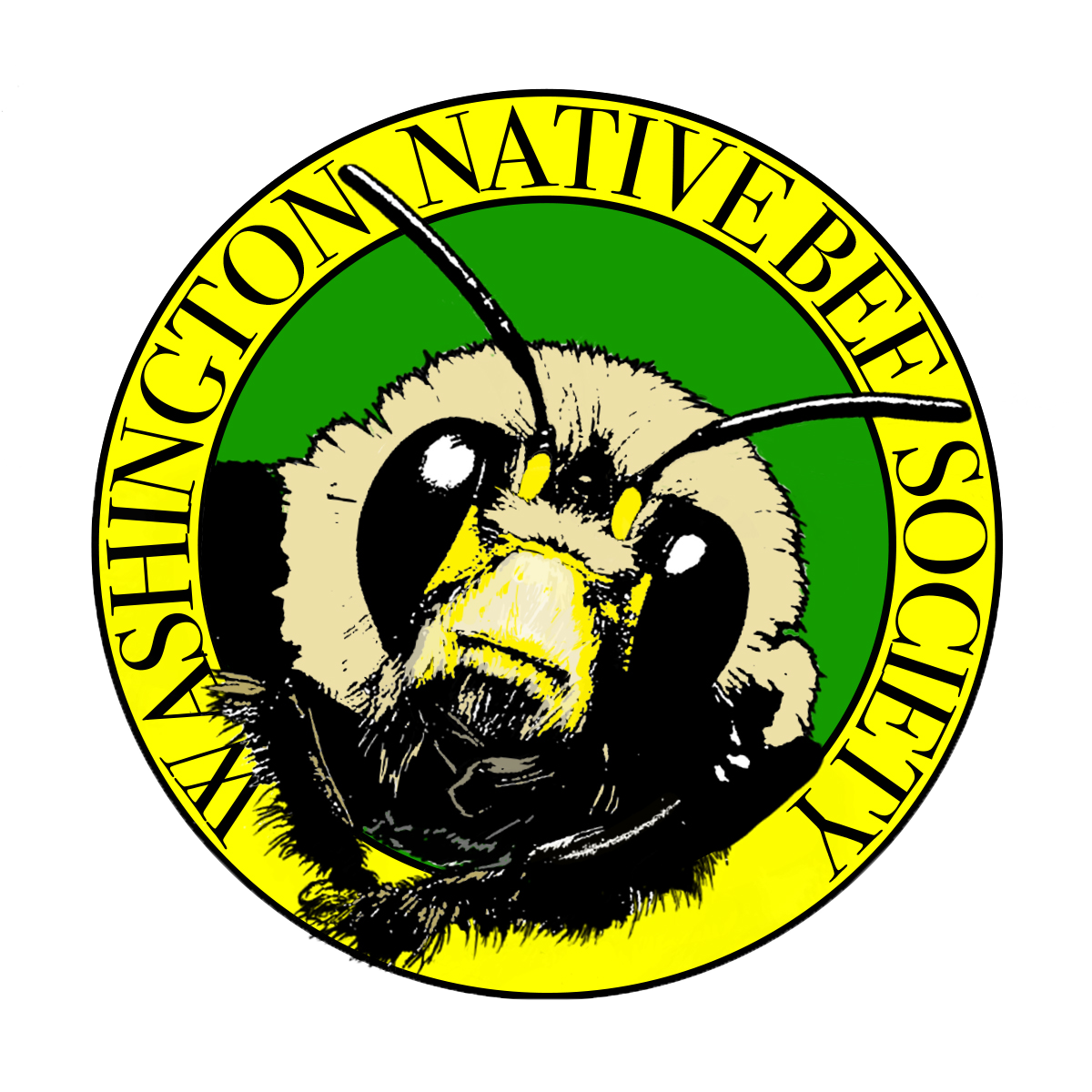
Current Projects

Dungeness River floodplain bee monitoring
Lorem ipsum dolor sit amet, consectetur adipiscing elit, sed do eiusmod tempor incididunt ut labore et dolore magna aliqua. Ut enim ad minim veniam, quis nostrud exercitation ullamco laboris nisi ut aliquip ex ea commodo consequat. Duis aute irure dolor in reprehenderit in voluptate velit esse cillum dolore eu fugiat nulla pariatur. Excepteur sint occaecat cupidatat non proident, sunt in culpa qui officia deserunt mollit anim id est laborum.
Lorem ipsum dolor sit amet, consectetur adipiscing elit, sed do eiusmod tempor incididunt ut labore et dolore magna aliqua. Ut enim ad minim veniam, quis nostrud exercitation ullamco laboris nisi ut aliquip ex ea commodo

Citizen science
We’re partnering with the WA Departments of Agriculture, Fish and Wildlife, and Transportation to host regional workshops across the state. These events will connect groups that have successfully created Pollinator Habitat with others in their area who are looking to do the same. The workshops support two state laws encouraging local governments and commercial/HOA landowners to replant 25% or more of disturbed development areas with pollinator habitat—where practicable. Our goal is to make this process easier and less intimidating. [We will be making a workshop link when we begin to schedule them Let's just use the Events link for now.]

Pollinator seed mixes
The Washington Native Bee Society is launching a new project supporting our native bees. We are helping improve pollinator habitat across our state by developing regionally specific habitat plant lists designed to provide essential habitat for Washington’s diverse native bees -- Spring through Fall. Our goal is to make it easier to plant the right flowers in the right places for the right time of year.
We are working with the WA Dept of Agriculture’s Bee Atlas program to develop an understanding of pollen sources (plant species) used by our native bees to feed their young. Pollen from a variety of bee species collected from spring to fall will be analyzed at an Ecoregional Level 3 scale. We will work with native plant nurseries to identify which of the plants identified via the pollen analysis can be easily produced in commercial quantities for use by local governments, commercial landowners and you to create quality Pollinator Habitat based on known preferences of Washington’s bees.

Regional workshops
We’re partnering with the WA Departments of Agriculture, Fish and Wildlife, and Transportation to host regional Pollinator Habitat workshops across the state. These events connect local groups that have successfully created Pollinator Habitat with others in their area who are looking to do the same. The workshops support two state laws encouraging local governments and commercial/HOA landowners to replant 25% or more of disturbed development areas with pollinator habitat—where practicable. Our goal is to make this process more practicable and less intimidating!

Bee Atlas
We are working with the WA Dept of Agriculture’s Bee Atlas program to gain a better understanding of when and where our native bee species are flying on the landscape. The Washington Native Bee Society was the catalyst for getting the state atlas program started. Several of our members serve on the steering committee and also sample for bees across Washington.
We are governed by a dedicated board of directors who volunteer their time and expertise to further our mission of protecting and promoting native bees. Learn more about this dynamic team.

Given to outstanding volunteers who have made a difference for native bees in Washington State. Learn about Don Rolfs and recipients of the award.
Add paragraph text. Click “Edit Text” to update the font, size and more. To change and reuse text themes, go to Site Styles.
What's your passion for pollinators?
There is much work to be done to preserve, restore, and enhance pollinator habitat throughout Washington State. Perhaps you have an idea or a project, or you might be interested in joining us. We welcome all those who dream of enhancing our state's natural beauty. Join us!

Bee habitat: Yellow sand verbena at West Beach, Deception Pass State Park
Beaches aren't always where people go to find flowers in Washington State. However, a stroll along many Washington beaches will yield a surprising amount of botany and pollinators. Here is yellow sand verbena (Abronia latifolia) blooming amongst the driftwood. Careful inspection of any patch of this flower will yield many native bees, including very energetic digger bees (Anthophora spp.).


